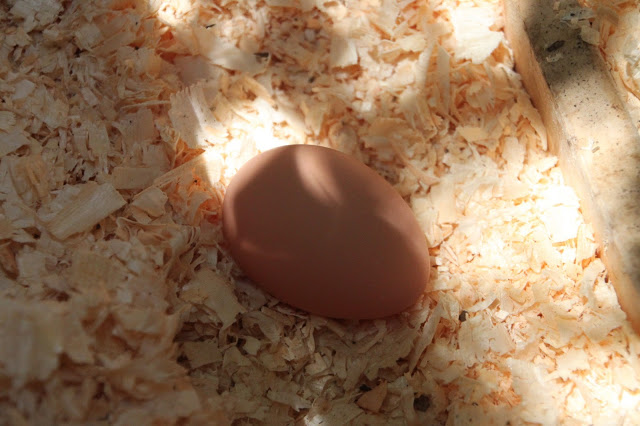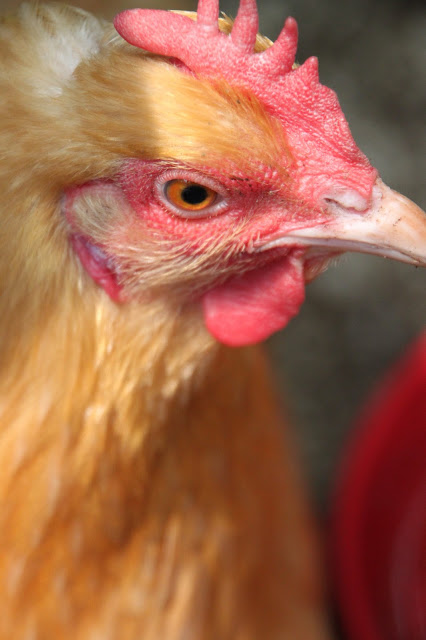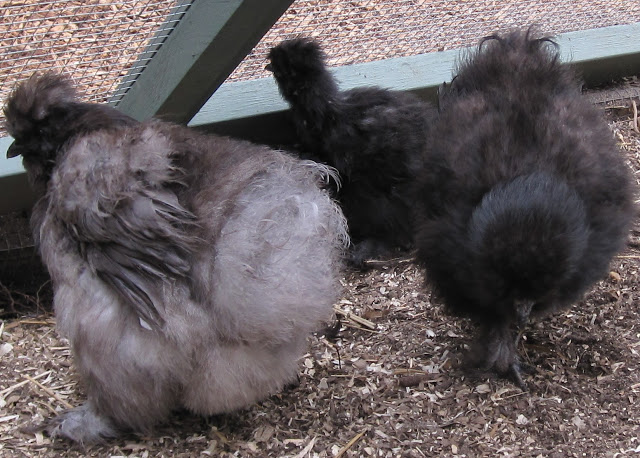 by Melissa Caughey of Tilly’s Nest
by Melissa Caughey of Tilly’s Nest
Spring is a time for wet weather including muddy runs, puddles and wet chicken coop bedding, creating a wet and damp living environment for our backyard flocks. Adult chickens are not the only ones subjected to these conditions. Chicks too can make a wet mess in their brooder, mimicking these outdoor conditions. One such parasite that thrives in these conditions is Coccidiosis.
Coccidiosis ( käk-si-dē-ō-ses) is a parasitic disease. Not only do these parasites live inside the chicken’s body but they also can survive in wet moist conditions outside of the body. Chickens that appear healthy shed the parasites in their stools. Unfortunately, with just the right conditions, these parasites can quickly multiply. Chickens can infect themselves through their daily activities of scavenging, ingesting tainted foods and drinking from contaminated water sources. Infected chickens show signs of infection after 3 days. Typically, by the fourth day, the chicken will die, usually due to blood loss.
- Droopiness
- Not eating
- Bloody stools (look like tar)
- Flock huddling together
 |
| Keeping shavings clean and dry, not only keeps Coccidiosis at bay but also helps keep eggs clean. |
- Vaccinate your chicks against Coccidiosis. If you do not vaccinate your chicks, then feed them a medicated chick feed.
- Try adding supplements to their diet to help boost their immune systems. (probiotics, vitamins and electrolytes and apple cider vinegar to their water) Mix in 2 % food grade diatomaceous earth to their feed.
- Wash out your waterers on a regular basis with white vinegar. Keep them clean and your water free from debris.
- Clean out the coop regularly and add extra pine shavings to help with moisture. Dropping trays in the coop can be helpful.
- Replace wet bedding in the coop or brooder. Use absorbent bedding such as pine shavings vs. straw.
- Quarantine any new chickens you are adding to your flock for at least a few weeks.
- Do not crowd too many chickens into too little space.
- Keep puddles of water from developing in your run. Try using sand in your run or adding a layer of pine shavings to wet areas.
- Seek treatment at the first sign of a sick bird. Keep an observant eye on your flock every day.
More reading material:
Merck Manual
Coccidiosis in Chickens
Biological Control of Coccidiosis in Small Poultry Flocks
Prevent Coccidiosis in Chickens–with diet














